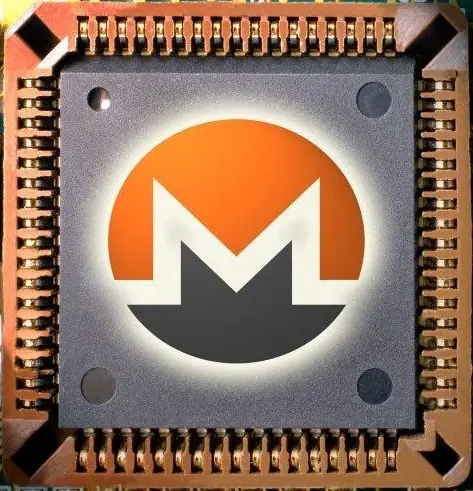⛏️ Fair CPU pool mining introduction
Monero (XMR) is one of the only projects
which offer a way of mining in a pool as it should be implemented,
with P2Pool:
- Fair - Instant payouts according to your share.
- Decentralized - No pool owners - No centralized party handling the P2Pool.
- Decentralized - Pool participants - Due to the RandomX algorithm being used, no specialized Antic miners can be built for XMR. Meaning that an average Joe can still participate and earn shares with their CPU.
- Private - XMR itself continuously aims for the best possible privacy cryptography can offer.
Source Code / Links:
- Gupax: A GUI (Graphical User Interface),
to easily mine Monero on P2Pool using XMRig
https://github.com/hinto-janai/gupax
https://gupax.io/ - P2Pool: Peer to peer pool, truly decentralized pool for Monero mining
https://github.com/SChernykh/p2pool
https://p2pool.io/mini/#pool
https://p2pool.io/#pool - XMRig: RandomX, KawPow, CryptoNight and GhostRider unified CPU/GPU miner
https://github.com/xmrig/xmrig
https://xmrig.com/ - RandomX: Proof of work algorithm based on random code execution
https://github.com/tevador/RandomX - Monero: The secure, private, untraceable cryptocurrency
https://github.com/monero-project/monero
https://www.getmonero.org/ - Monero GUI: Official Monero GUI, for wallet, miner and monerod node
https://github.com/monero-project/monero-gui - P2Pool Observer: Monitor various P2Pool stats
https://mini.p2pool.observer/
https://p2pool.observer - XMRvsBeast: Enter a free lottery, only for participating XMR miners,
to win a chance of a short, but serious boost in your hash-rate / payouts!
https://xmrvsbeast.com/p2pool/ - Monero Fail: An extensive list of publicly hosted monerod nodes
https://monero.fail/
⛏️ Fair CPU pool mining guide
This guide will help you setting up a fair Monero miner,
please note, that you still will have to create your own config files for:
Gupax, P2Pool and XMRig
- Use Monero GUI to create a wallet
- Use Monero GUI to run your own monerod instance (Monero Node daemon),
configure following startup flags under:
Monero GUI => Settings => Node => Daemon startup flags:--zmq-pub=tcp://127.0.0.1:18083 --out-peers 32 --in-peers 64 --add-priority-node=uwillrunanodesoon.moneroworld.com:18089 --add-priority-node=nodes.hashvault.pro:18081 --disable-dns-checkpoints --enable-dns-blocklist --prune-blockchain --sync-pruned-blocks --db-sync-mode=safe --log-level 1
These startup flags will help with:
- Blocking malicious nodes
- Keeping your copy of the blockchain as small as possible
- Provide logging incase a
priority-nodegoes down
(Use Monero Fail for replacements)
- Configure the P2Pool + XMRig binary paths in Gupax under:
Gupax => Gupax => P2Pool/XMRig PATHs - Use Gupax to run P2Pool,
connect to your local monerod instance by configuring P2Pool as following:
Gupax => P2Pool => P2Pool Mini => Fill in the following:Name = Local Monero Node IP = 127.0.0.1 RPC = 18081 ZMQ = 18083 Out-peers = 32 In-peers = 64 - Use Gupax to run XMRig,
connect to your local P2Pool as following:
Gupax => XMRig => Command arguments (configure--threadsas desired):-c config.json -o 127.0.0.1:3333 --http-host 127.0.0.1 --http-port 18088 --threads 30
This will make it possible to load a config.json file from the same directory as the XMRig binary
Notes
- If you’re gonna run on normal end-user hardware (e.g. Desktop/Laptop/Smartphone), then I’d recommend to mine on P2Pool Mini instead of the main P2Pool
- Your P2Pool wallet adress is public, periodically move mined funds to a new, truly private XMR wallet
- My use-case? I mine to support the cause and to earn a little back from heating my room during winter times 😄
You must log in or register to comment.

